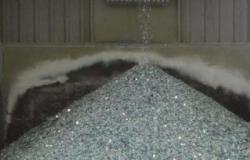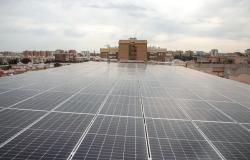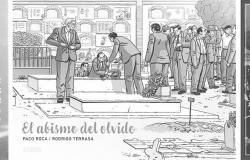At 67%, the Gross Income Tax is considered the tax with the highest current impact on companies’ services and products. Then follows the Value Added Tax with 60% and the Debit and Credit Tax with almost 58%. The Income Tax continues with 47%, the Country Tax with 43% and to a lesser extent with only 31.5% they mention the Municipal Tax.
Respondents also mention 10% of “others” such as export taxes, withholdings, profit advances and VAT surcharges, BP Shares and Participations, fuel taxes and associated fees.
The vision on Tax Package what the Government proposes It is somewhat encouraging, close to 50% maintain that the project will reduce the tax pressure on their businesses during 2024, although of this percentage 38% consider that only a little. On the other hand, 29% believe that it will have the same tax burden as what currently exists and 11% still fear that it will be higher.
What investment expectations do entrepreneurs have?
In response to the query about the investments, the outlook is quite discouraging. 43.5% will invest less this year than in 2023, 35.5% the same and only 21% are committed to investing more.
For those surveyed, the fiscal framework is the main cause of the investment hurdle. The Tax on prices of services and/or producers (VAT, Gross Income, IDCB, Stamps) with 75% of the votes is the one that most affects investments in Argentina, with more than 56% following taxes on purchases and sales ( Withholdings, perceptions) and with 53% the tax on foreign trade (imports, exports).
Within the measures proposed in the fiscal package promoted by the Government, with 50% Profits it is considered the most important and/or urgent tax to be treated and implemented, 45% RIGI, 37% the reform in the personal property tax, 28% the new money laundering, and with a 25% change in the monotax and tax moratorium. The Government is precisely moving forward with the Base Law.
More than 70% of the businessmen surveyed agreed that the measures and changes proposed in the Fiscal Package are not sufficient for the development of the economy. Only 15% consider it yes, and 13% do not know.
The businessmen expressed what other reforms or proposals they consider necessary. The majority highlights the importance of labor and tax reform. They also mention: VAT not computable in health, lower profit rate, eliminate tax advances, eliminate redundant taxes at the national, provincial and municipal level. In addition, adjustment of rates by reducing percentages and updating deductible amounts, reduction of consumption taxes, modification in the provincial IIBB system, removal of ISIB, modification in social charges and fuel tax, among others.
The measures that would benefit the Argentine industry
When asked what possible measures would benefit the Argentine industrywith 71% of those surveyed marking the elimination of the Gross Income Tax as the most decisive, with 58% of votes the exemption of export duties, and with the same percentage (52.5%): the reduction in profits and VAT.
It is clear that any tax reform It must be the result of a serious and profound debate, far from electoral demagoguery, in such a way that it should not be subject to new patches shortly after its sanction. Permanent changes in tax regulations, as well as taxes sanctioned on an extraordinary and temporary basis that soon become eternal, only distance us from economic normality, which must be marked by predictability and legal security.
Auren Argentina Tax Partner.
Business Compass Data 2024 Taxes.pdf






